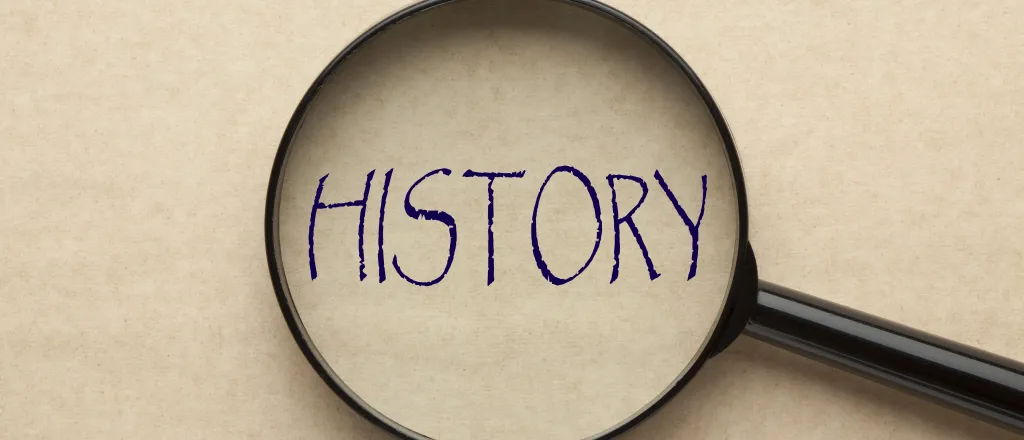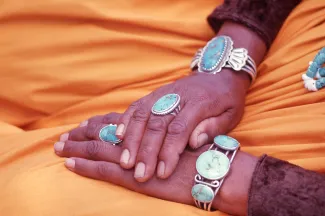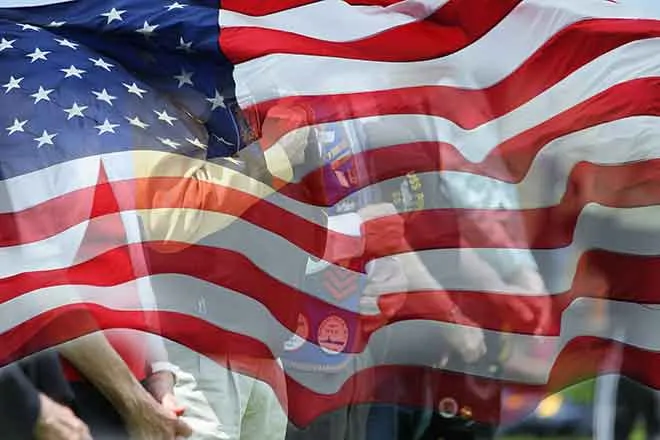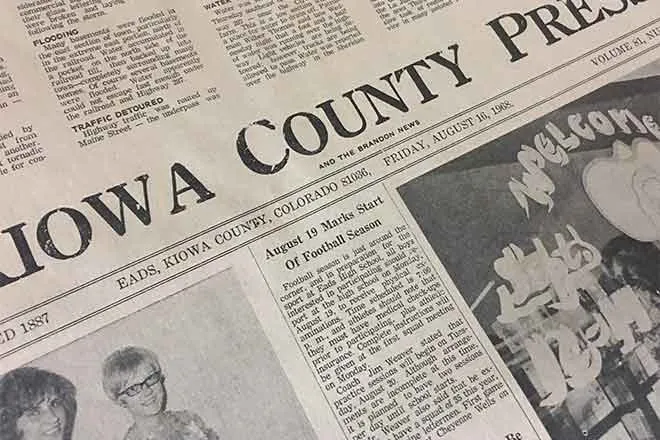
Navajo Nation reclaims narratives through tribal education
© ogichobanov - iStock-1088402018
Since January, the Trump administration has threatened funding for tribal colleges, erased Navajo history, and proposed cuts to tribal housing programs. But amid these attacks, the Navajo Nation is charting a different path, one that prioritizes cultural preservation, education sovereignty, and long-term investment in its community. From the development of a new textbook to record-breaking enrollments in Diné Studies programs, the Navajo Nation has prioritized education at every level with a sharp focus on history, language, identity, and generational knowledge.
At the secondary school level, many students still learn from materials written by non-Navajo authors, narratives, Navajo experts said, that often fail to reflect their lived realities and history of Navajo governance and culture. That is about to change.
Last year, the Navajo Nation Council appropriated $172,500 to the development of a Navajo National government textbook. A team of Navajo scholars has come together to develop a resource that will be produced entirely by tribal people and that will be published in both English and Navajo.
“When I was in high school, we read a lot of historical work by non-Navajo authors who had written about some of these issues, and those were the resources we had available,” said Wendy Greyeyes, a professor of Native American Studies at the University of New Mexico and one of the authors of the book. “So what makes this unique is the fact that you have Navajo authors. All of the authors are Navajo, and so that’s kind of the big payoff for all of us.”
Reclaiming History Through Navajo Voices
Greyeyes emphasized that this is not an isolated initiative, but one rooted in a rich tradition of Navajo educational autonomy.
“It has not been unheard of that Navajos have the power to write their own history and their own stories and put that into something that’s teachable through a textbook,” Greyeyes said.
Dating back to the 1960s, Rough Rock Press, originally the Navajo Curriculum Center, was born from a grassroots movement by Navajo educators and community leaders to reclaim their children’s education. Rooted in the Rough Rock Demonstration School, it rejected outside control and embraced Navajo language, culture, and history as the foundation of learning. As its publishing arm, Rough Rock Press produced books by and for Navajo people, preserving identity through storytelling.
That same spirit of educational sovereignty fueled the launch of Navajo Community College Press, now known as Diné College Press, in 1968. It became a force for self-representation, publishing works that centered Navajo voices.

© Rebecca J Becker - iStock-1251580456
The new textbook builds on that legacy.
“I honestly don’t think there’s a lot of resources available to teachers right now that’s written by Navajo authors. So I think this is going to be a really great model to show others how we could actually accomplish that,” Greyeyes said. “This [new] Navajo government textbook is really a chance to bring authors together to kind of update all the big changes that happen in Navajo Nation government, but from the voices of Navajo people,” Greyeyes said.
Rose Graham, director of the Office of Navajo Nation Scholarship & Financial Assistance (ONNSFA), played a pivotal role in securing funding for the project. She said the textbook represents more than curriculum, it’s a significant step forward in reclaiming and revitalizing Navajo-led education and instilling pride in students.
“The textbook helps students to gain a deeper understanding of Navajo culture and perspective as they relate to the government, and I think they will have a sense of belonging and pride to have their own people, their own educators…[that] have similar, similar backgrounds as they do and it makes them more connected,” Graham said.
“I think the effort is trying to reclaim that narrative,” Greyeyes said. “This project itself, it’s going to be very beneficial in terms of creating a really powerful narrative and model.”
Diné Studies Deepens Roots in Higher Education
At the university level, Navajo Technical University (NTU) is strengthening cultural preservation through academics, embedding Diné identity across all programs. The university has launched the only Diné Studies PhD program in the country, which has rapidly expanded in the past two years, and is seeing record-breaking enrollment in Diné Studies across its degree offerings. The Navajo Nation Council is also considering new legislation that would significantly increase annual investments in tribal higher education, directing $10 million each to NTU, Diné College, and the Nation’s scholarship office starting in 2027.
Sharon Nelson, assistant professor of Diné Culture, said that every undergraduate at NTU is required to take at least one Navajo language course and two cultural courses, a policy designed to ensure that students graduate with a strong foundation in Diné identity and history.
“I have a lot of students that come to the university that don’t know how to speak Navajo,” Nelson said. “My mission and my belief is that every Diné person has the inherent right to know their culture, to know their language.”

The Navajo language was standardized in the 1930s, but generational trauma from assimilation policies, particularly federal Indian boarding schools, contributed to a sharp decline in fluency among younger Navajo people. Nelson said that reconnecting students with their language and culture helps restore not only identity, but confidence.
“The purpose for doing this is for our students to really be grounded in who they are as Diné people. We want them to be comfortable in their own skin, to say, ‘I appreciate my brown eyes,’ and to really have those roots connected to mother earth and and really have a really strong foundation in their own ways of being and knowing,” Nelson said. “So when a person does that, then when they go out into the real world to get a job and to experience the western life, they never waiver.”
For Nelson, teaching Diné Studies is not just about cultural celebration and preservation, it’s also about historical reckoning and healing.
“My hope is that, you know, our students begin to really understand through studying in the undergraduate program, and to really understand the histories. And then also the trauma that has been imposed upon us through education.”
She points to the legacy of boarding schools and other assimilationist policies as a root cause of language loss and cultural displacement.
Nelson said that through the Diné studies curriculum, students come to see how larger social and political systems have been imposed on their communities, which helps them build more robust understandings of themselves.
“They can be enlightened that they no longer see themselves as a victim, that they need to function from [a perspective of] ‘I know what is going on, I understand these systems, and I’m ready to take on these challenges,’” Nelson said. “And [they] look at themselves as resilient and survivors of these systems.”
NTU’s growing graduate-level Diné Studies programs are part of a wider push to strengthen cultural identity and education. Dr. Sudip Sen, dean of graduate studies at NTU, said that the Diné Studies programs have reached record enrollment.
NTU launched a Diné Studies PhD program in 2023 and Sen said the program has already grown to 15 students, with continued interest and growth expected.
“We wanted to tell people [across Navajo Nation] that we have this program, that it is a beautiful program, and there are a lot of prospects in the program. This program is growing, so we want more people to come… we are in a very committed position that these programs should grow,” Sen said.
Nelson said that many of her students carry the lessons of Diné culture into their careers as educators, creating classrooms and knowledge homes, where traditional stories can be nurtured and shared.
“We want our students to learn where…their space is safe,” Nelson said. “There’s an impact in some way, that energy that is within their home, they experience that with the teaching”.
The post Navajo Nation Reclaims Narratives Through Tribal Education appeared first on The Daily Yonder.















